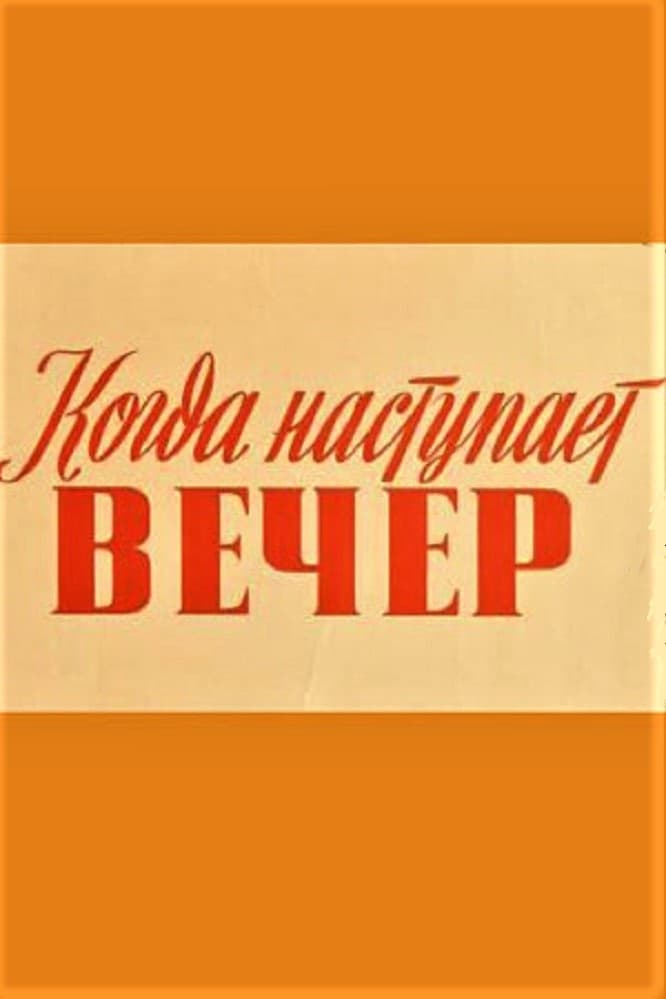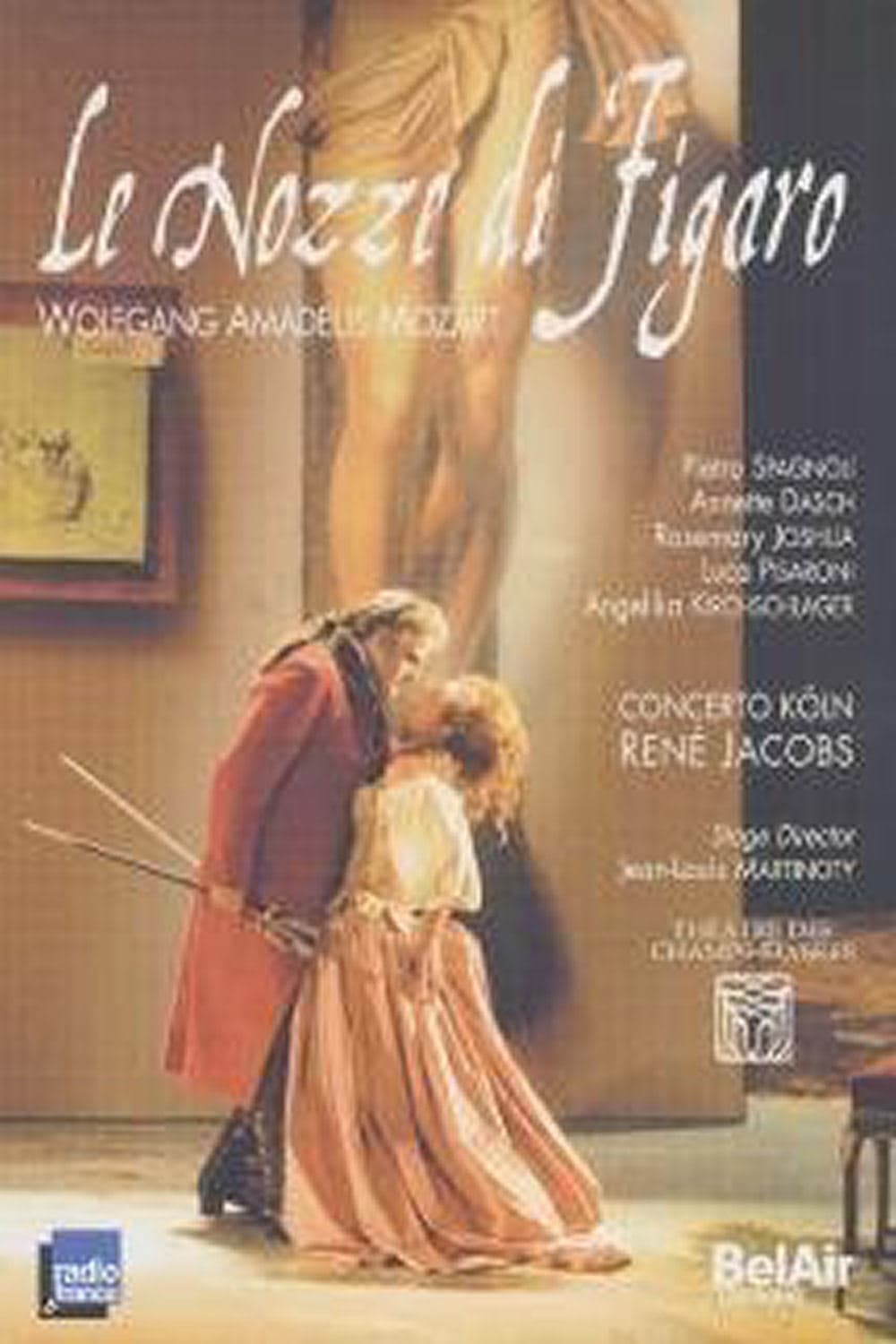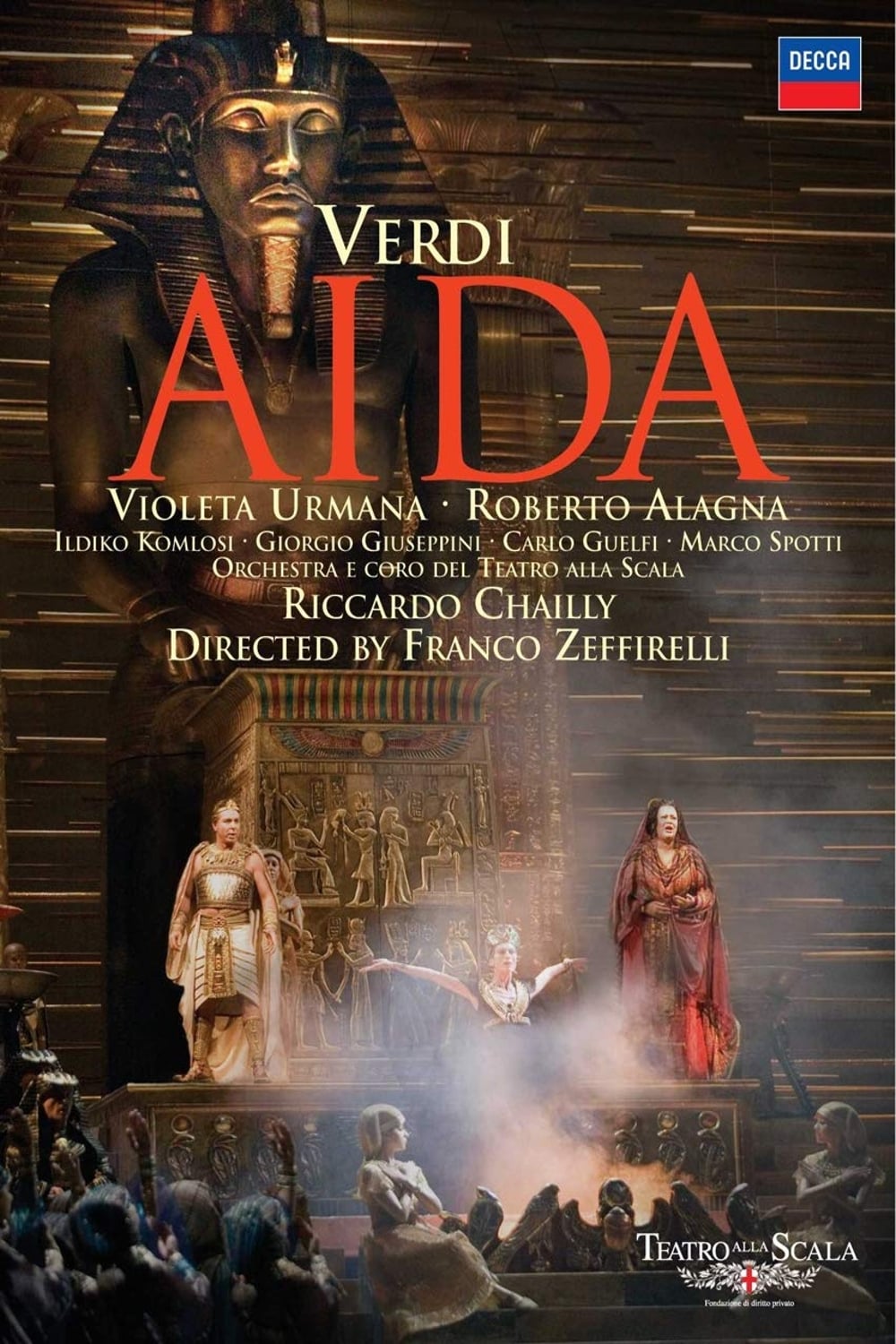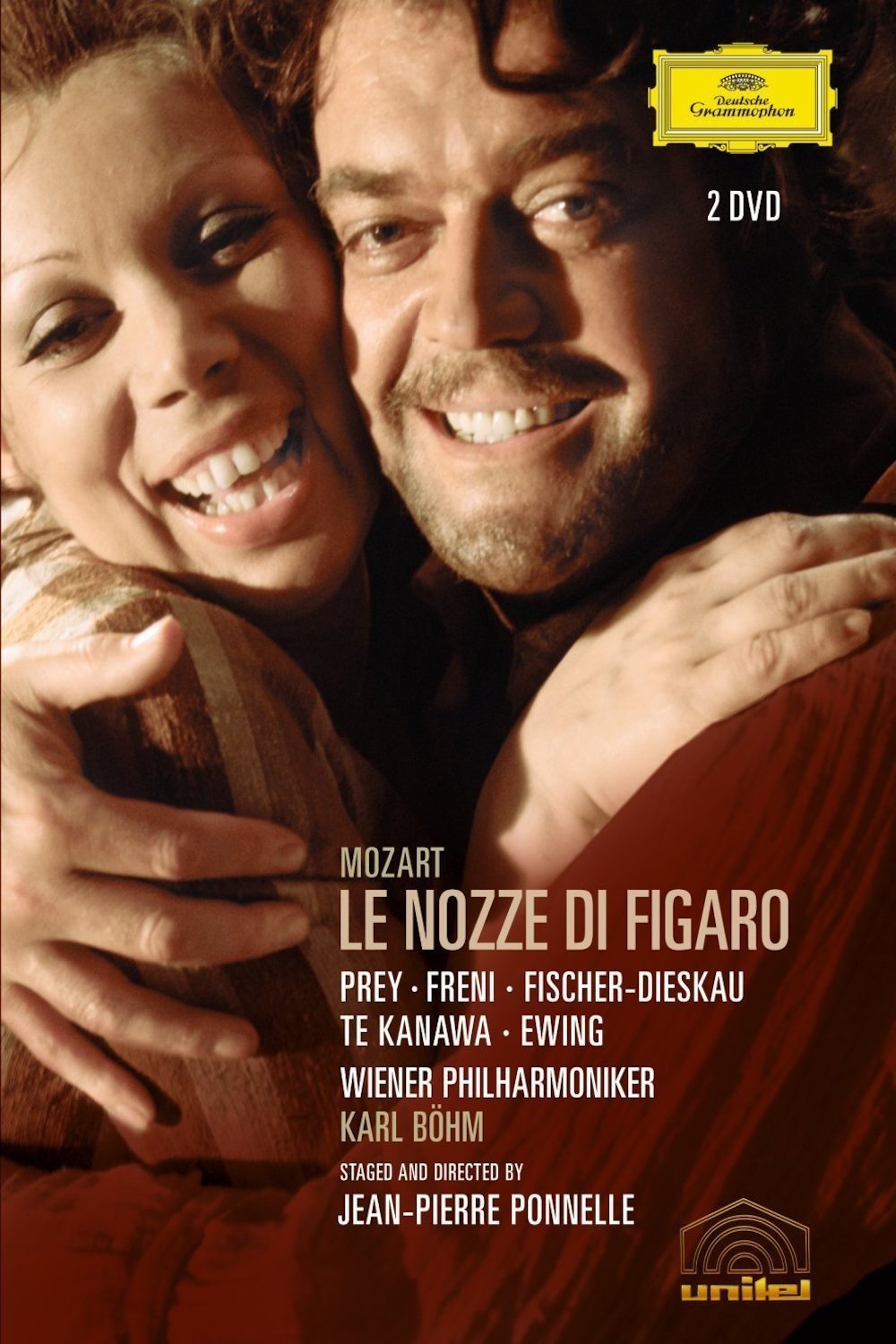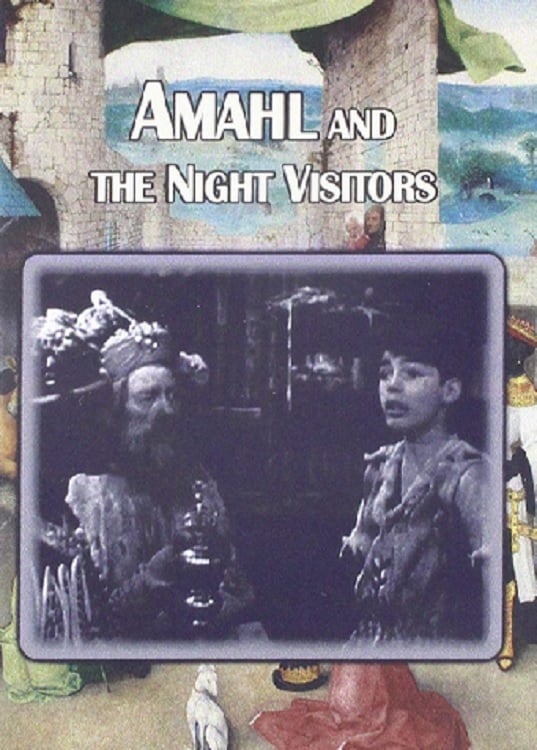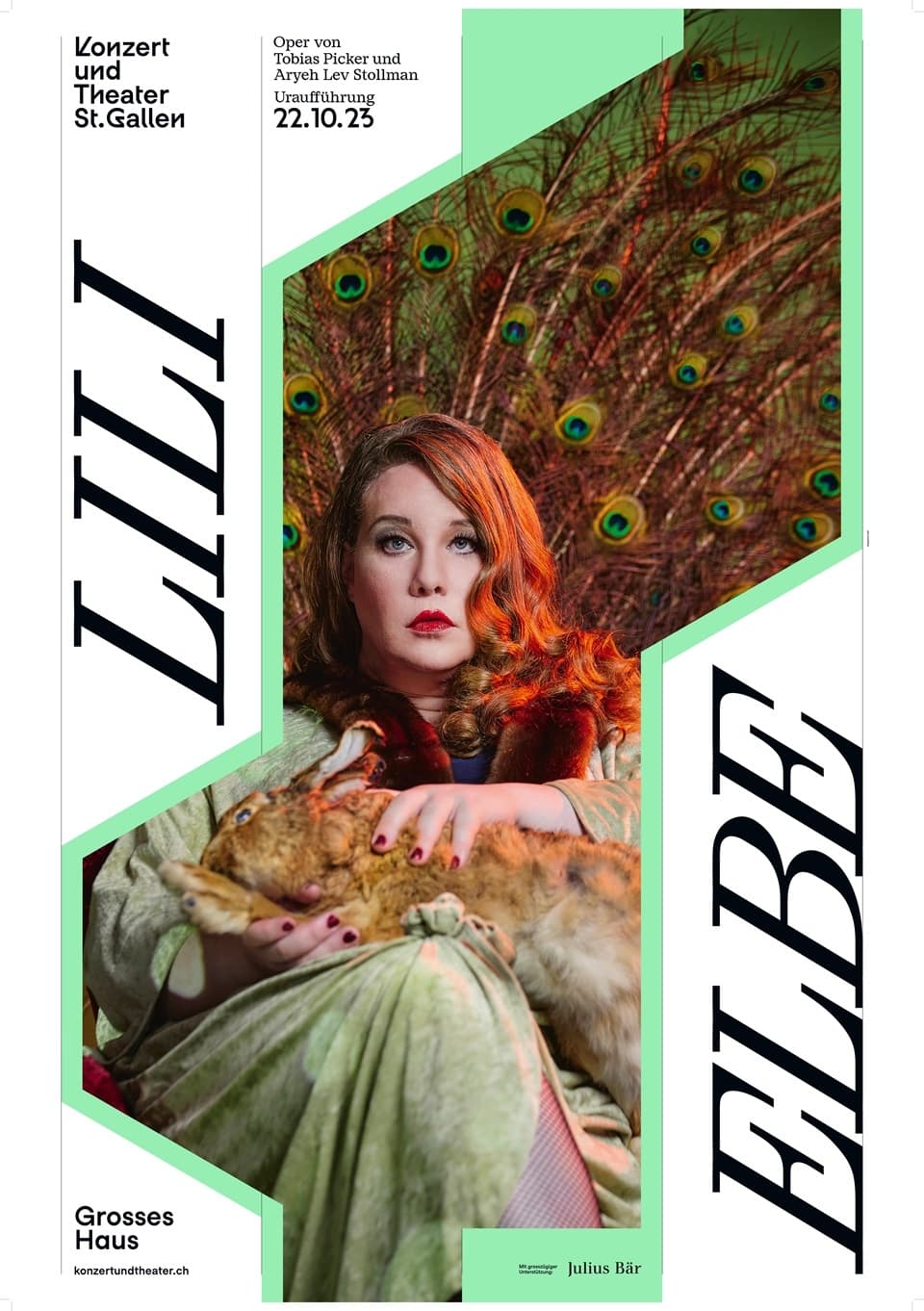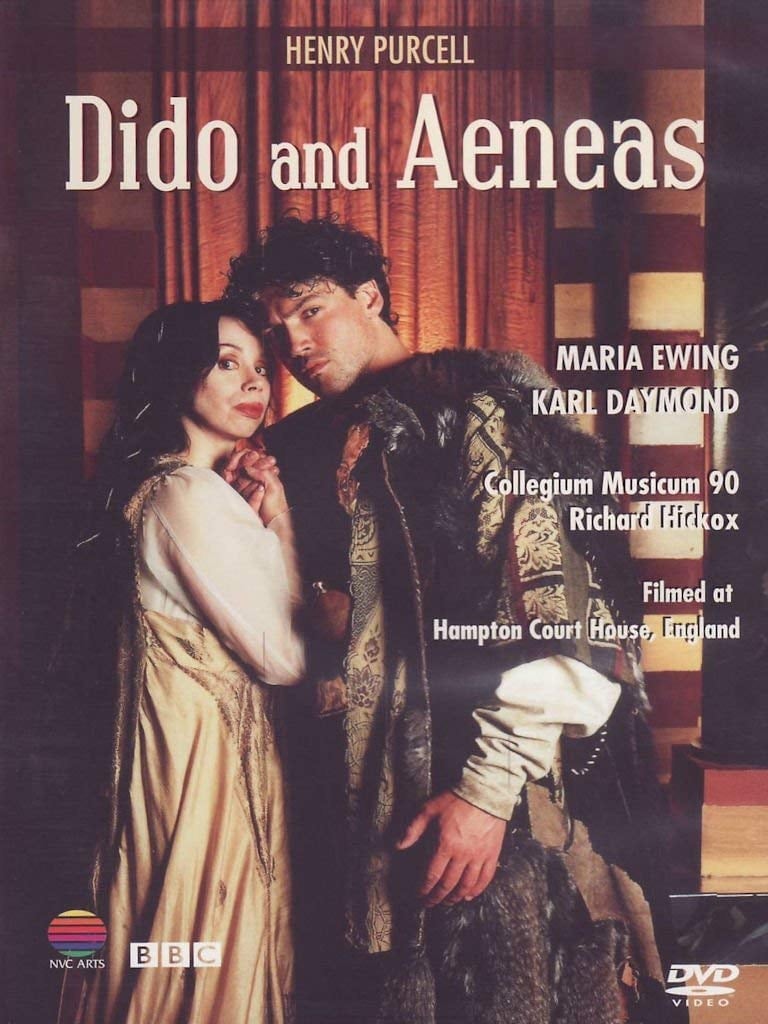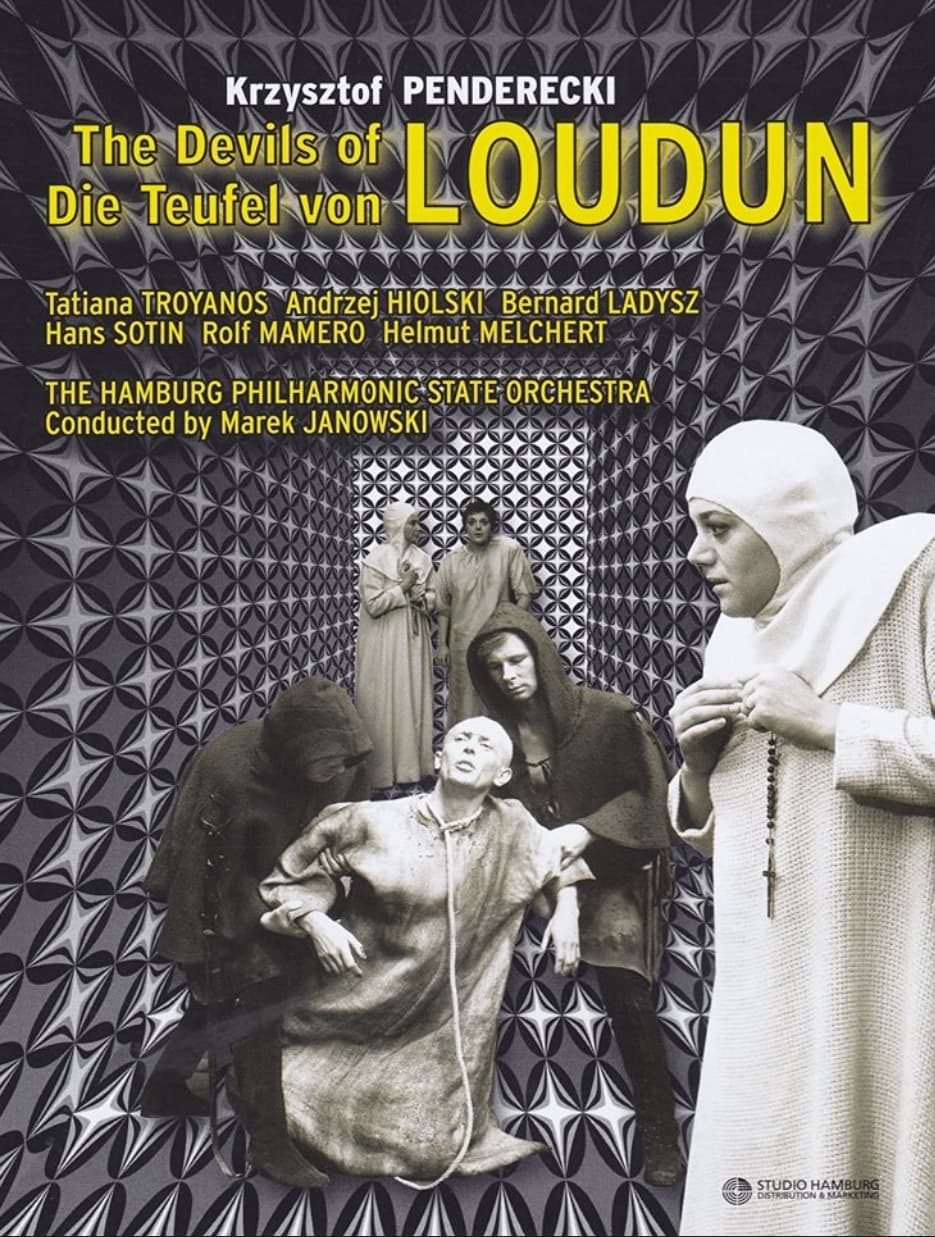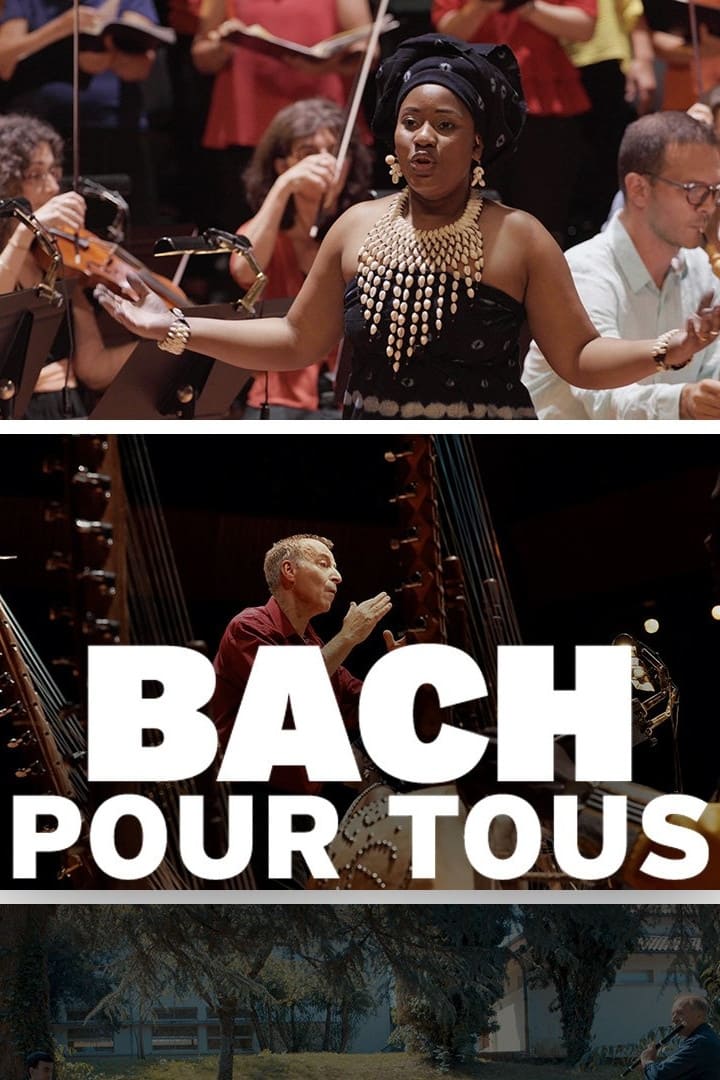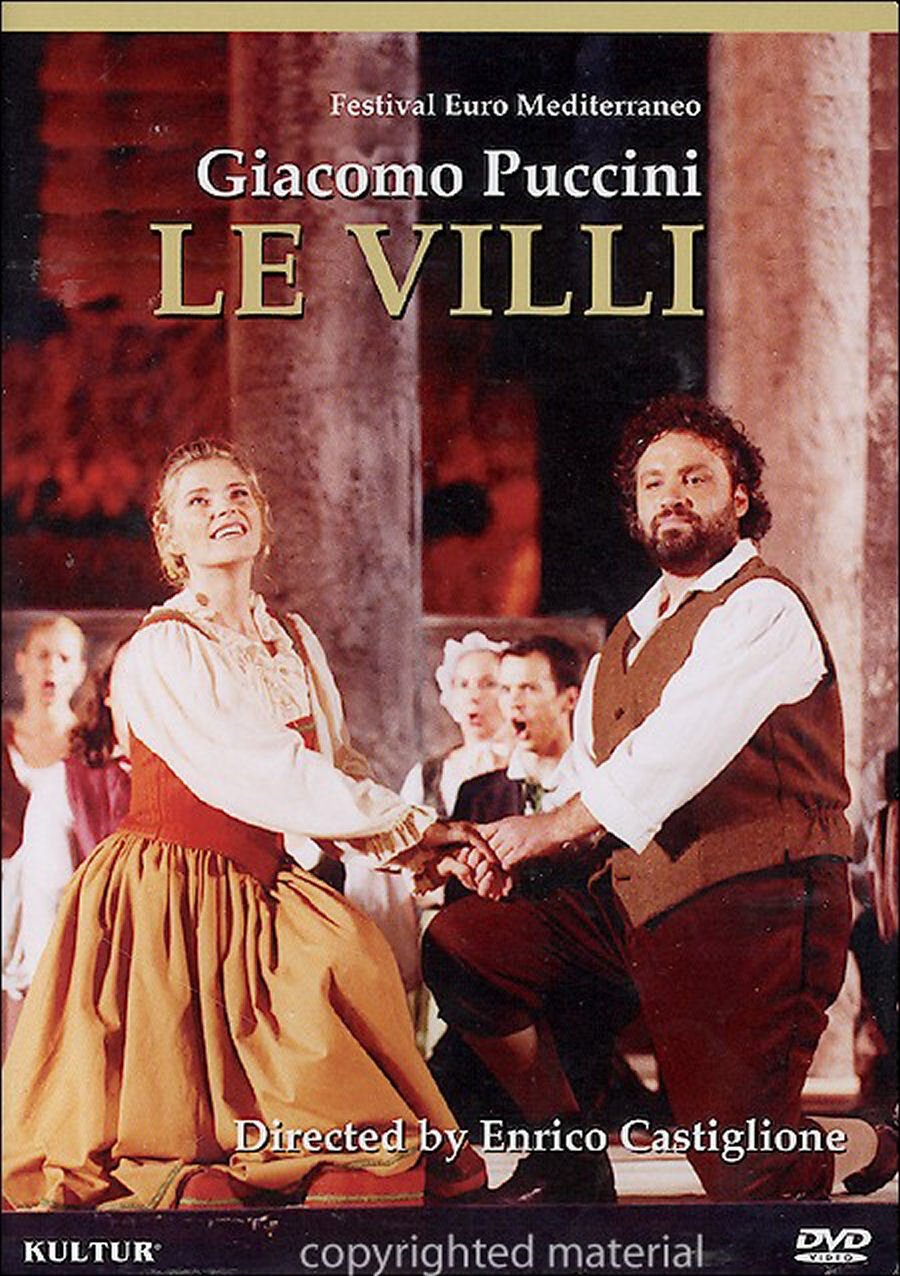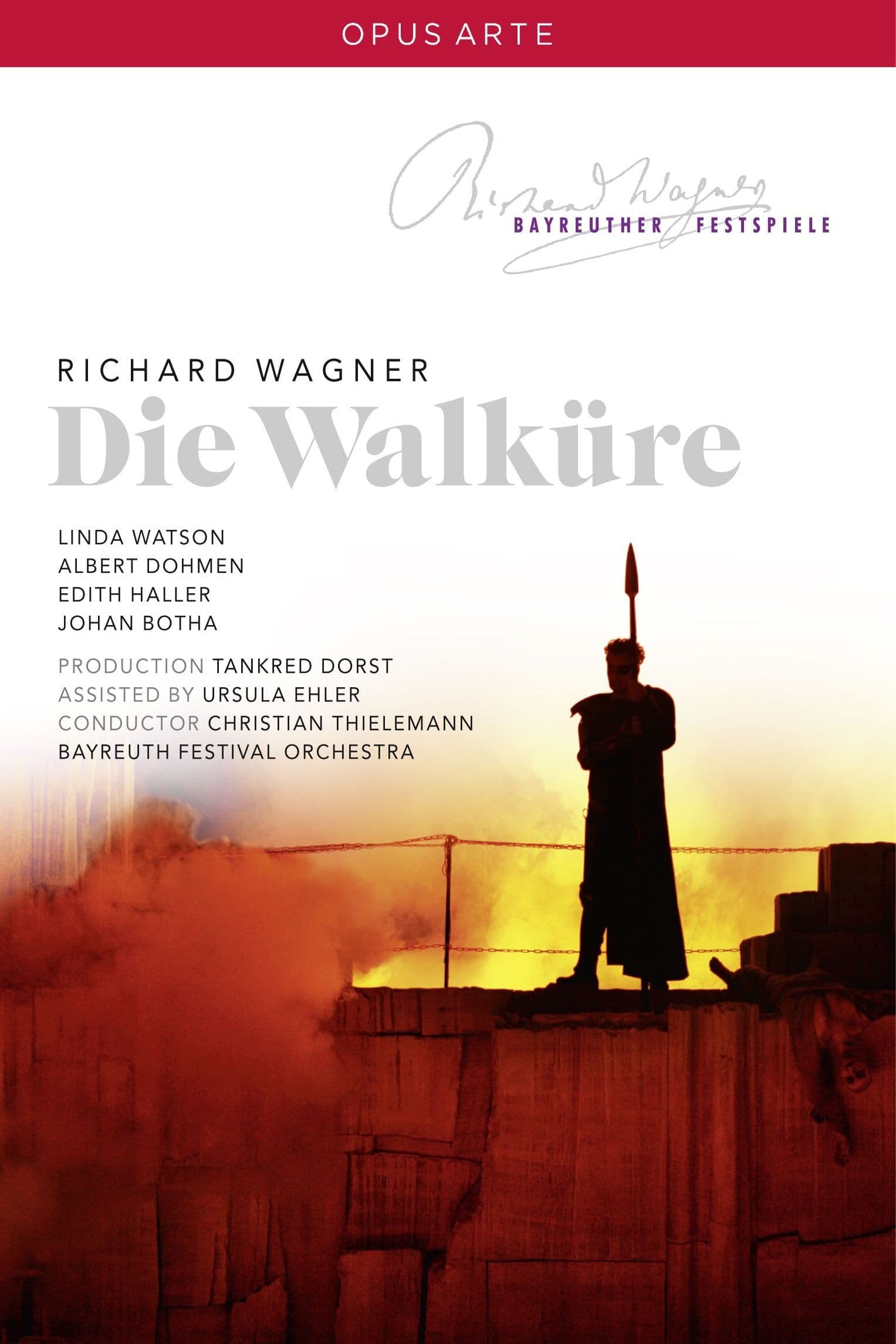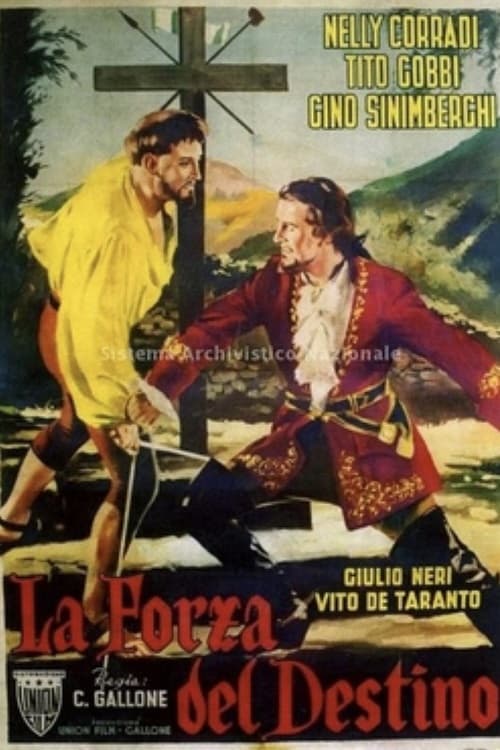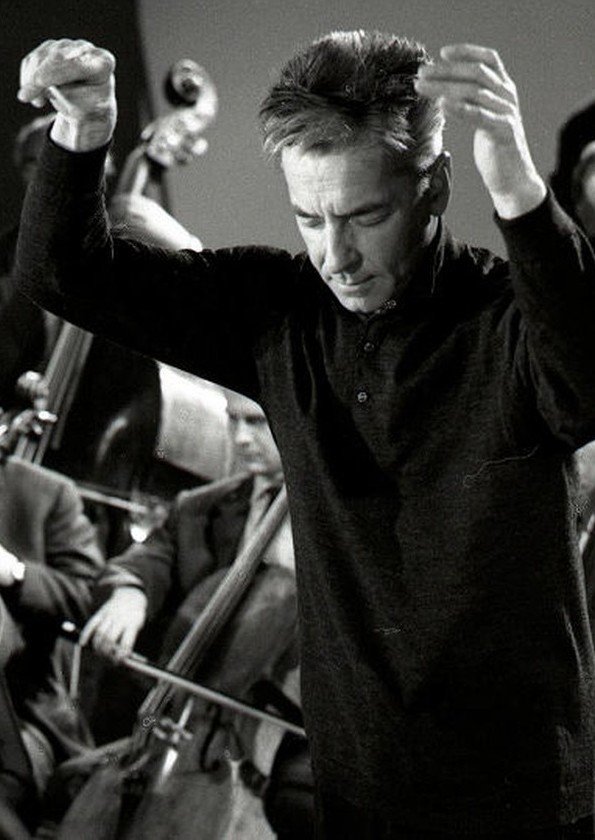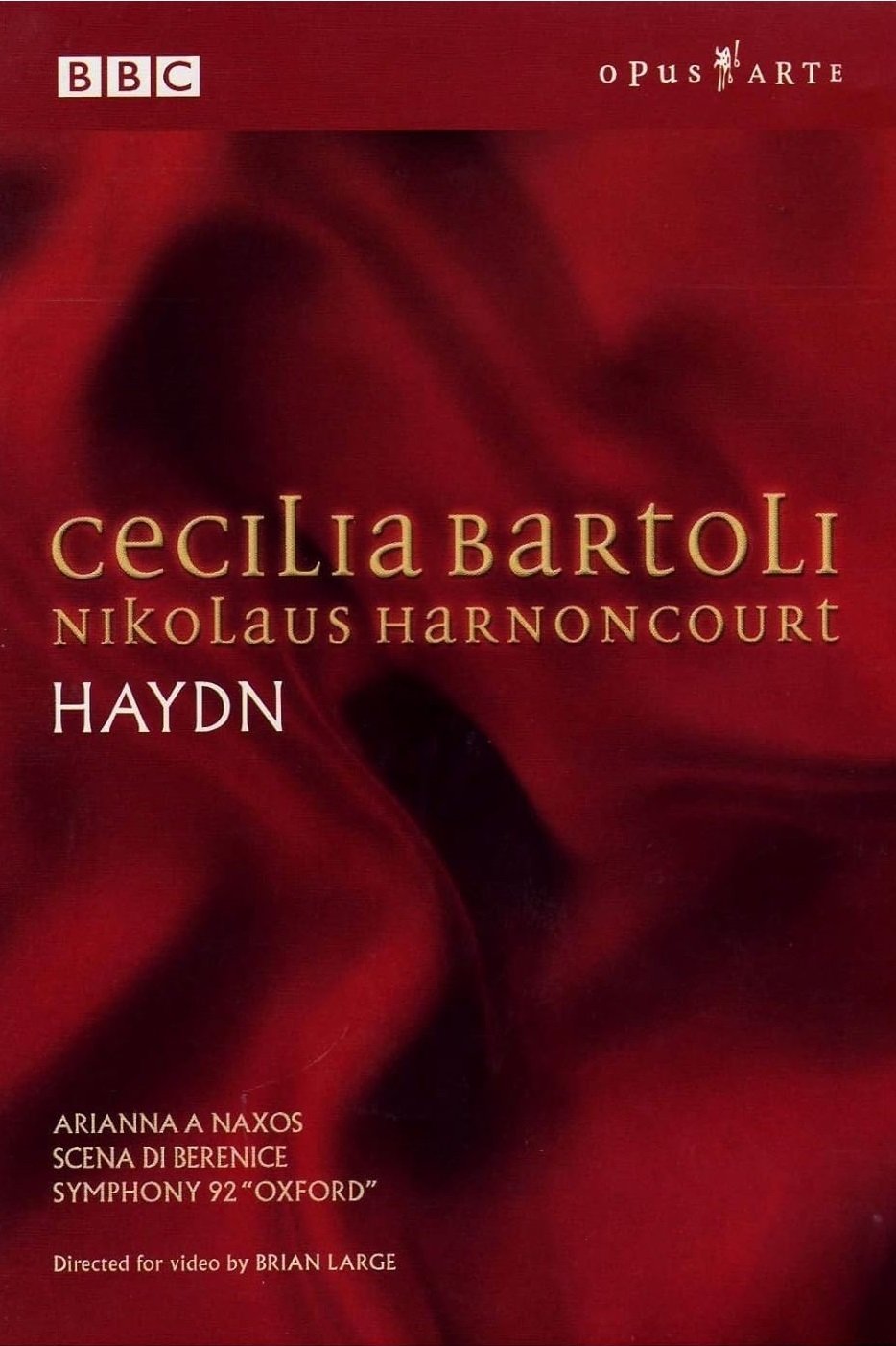
Cecilia Bartoli Sings Haydn (2001)
Released:
2001-01-01
Duration:
1hr 40min
Genres:
Music
Rating 0.0
Overview
From the Styriarte Festival in Graz Austria, the acclaimed mezzo-soprano Cecilia Bartoli and Maestro Nikolaus Harnoncourt with his orchestra Concentus Musicu Wien, present a concert on Haydn arias and Symphony No.92, the "Oxford". The singing virtuosity of "Scena di Berenice" is sublime as is the performance of The "Oxford" Symphony from the ensemble renown for its specialty in early music and playing on period instruments. A unique concert.
Production Companies
Additional Info
| Budget | $0.00 |
|---|---|
| Revenue | $0.00 |
| Original Language | en |
| Popularity | 0.1426 |
Directed By
Crew
TOP CAST
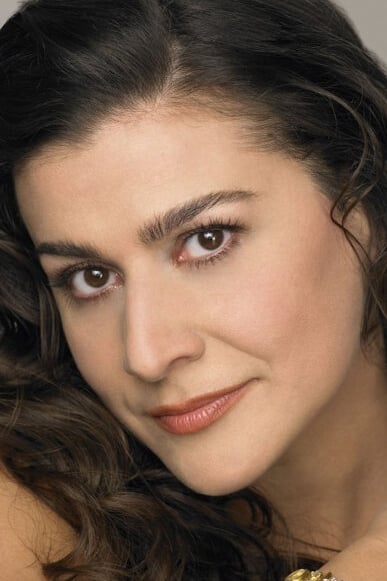
Cecilia Bartoli
Self - Mezzo-Soprano
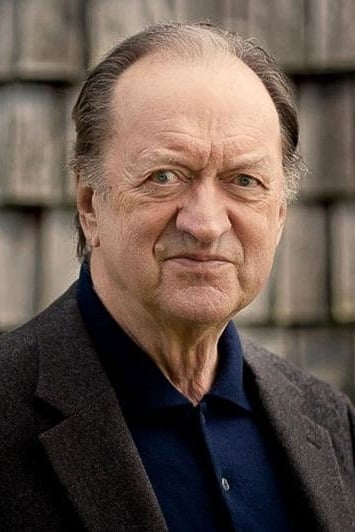
Nikolaus Harnoncourt
Self - Conductor
